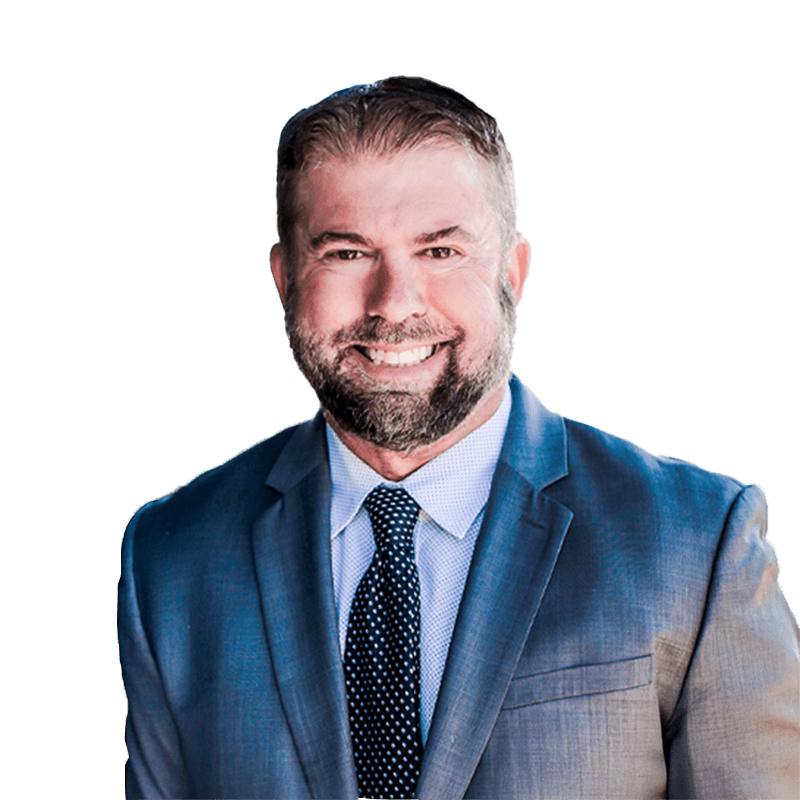Symptoms
Uncontrollable repetitive muscle twitch or muscle spasms
A Common Movement Disorder
Do you experience uncontrollable, unusual, or repetitive twitches or movements? If so, you may have dystonia – a broad term that describes a variety of neurological and functional movement disorders.
People with dystonia may feel embarrassed by their inability to control their movements and frustrated when medical treatment seems to have no impact on their symptoms. Dystonia is sometimes misdiagnosed as a muscle strain, when in fact it originates in the brain.
At NeuroHealth, our neurorehabilitation team can assess your brain health to determine what’s causing your uncontrollable movements. We then develop a treatment plan that focuses on the source of your dystonia, rather than its symptoms.
About Dystonia
According to the American Association of Neurological Surgeons, dystonia affects at least a quarter-million Americans. This makes it the third most common movement disorder after essential tremor and Parkinson's disease.
Dystonias are primarily known for causing frequent involuntary contractions of muscles, which can lead to uncontrollable movements and postures. Sometimes, these involuntary movements are painful, and they're usually repetitive. In extreme cases, a part of the body may become “stuck” in an unnatural position.
Any part of the body can be affected by dystonia. This includes the eyelids, face, mouth, jaw, neck, vocal cords, arms, hands, legs, and feet. Because many types of dystonia exist and can affect many different parts of the body, this condition can look very different from person to person. Dystonia can also affect people of all ages and backgrounds.
Dystonia Symptoms
So, what is it like to have dystonia? According to the Dystonia Medical Research Foundation, common signs and symptoms include:
- Repetitive body movements that may look like a tremor
- A body part that is frequently flexed or twisted into an unusual position or posture
- Symptoms that get worse with specific activities, or when attempting to perform a task with the opposite side of the body
- Symptoms that improve with a gentle touch or a specific action (a technique known as a sensory trick)
Physical symptoms of dystonia may get worse over time or reach a plateau. Dystonia is often associated with depression and anxiety, and it can cause secondary health problems. For example, dystonia affecting the neck could lead to degenerative damage in spinal joints and discs or trouble swallowing. Dystonia in the hands and feet could make it difficult to perform fine motor tasks or maintain balance.
Misdiagnosis of Dystonia
We're still learning a lot about dystonia, including what causes it and why it develops in some people. Because dystonia is so variable and resembles many other conditions, it's commonly misdiagnosed as:
- Orthopedic problems (e.g., scoliosis or congenital torticollis)
- Stress-related muscle spasms
- Essential tremor
- Parkinson's disease
Getting the correct diagnosis is the first step in finding relief for dystonia. NeuroHealth uses a variety of diagnostic procedures to evaluate and manage dystonia. Our neurorehabilitation team can also identify, address, and prevent secondary complications caused by dystonia, such as balance problems.
Is Neurorehabilitation for you?
NeuroHealth provides neurorehabilitation for all ages, specializing in treatment for vertigo, migraines, post-concussion syndrome, and other neurological disorders. Contact our office today.
